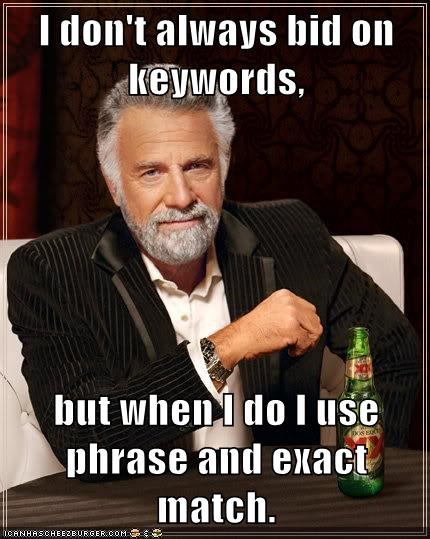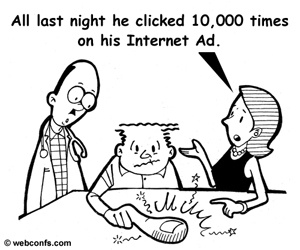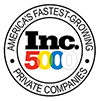Pay Per Click (PPC) is a rapidly expanding element of search marketing. There are many elements that we at Clix evaluate to determine the success of the campaigns we manage. In order to stay updated on the progress of their campaigns, advertisers will need to know a few basic PPC terms.
1. Keyword
Keywords are the targeted words or phrases for which PPC ads are eligible to appear. Keywords can be single words or multi-word phrases. There are different ways to determine the searches that are eligible to display ads based on the keywords targeted in the campaigns. The three primary match types are broad match, phrase match, and exact match.
A. Broad Match
Broad match keywords are the default keyword setting in AdWords and Ad Center. Broad match is the least specific way to target potential visitors. Using broad match is a great way to save time in the beginning of a campaign and allows advertisers to find volume and interest for related terms. However, due to their questionable relevance broad match keywords typically generate lower click through rates than exact and phrase match keywords.
Broad Match keywords include misspellings, singular and plural variations, the words of your keyword in any order, and may involve additional words and related terms.
B. Phrase Match
Phrase match keywords have many benefits compared to broad match keywords. Phrase match keywords limit the potential audience to only those searchers using the keywords selected in a specific order. Utilizing phrase match keywords make it easier for advertisers to include keywords in their ad copy. Typically phrase match keywords generate a higher click through rate than broad match keywords.
Phrase match keywords include misspellings, singular and plural variations, the words of your keyword in the exact order, and may include additional words before or after the phrase targeted.
C. Exact Match
Exact match keywords are the most specific and highly targeted of the keyword match types. Exact match keywords target only the words included in the keyword in the same order. They do not include close variations. Exact match keywords generate the highest click through rates, help advertisers include specific keywords in their ads, and target the most relevant potential searchers.
Exact match keyword tip: avoid single word keywords.
2. Cost Per Click (CPC)
Cost Per Click (CPC) is the amount advertisers spend for each click on their search ads. CPC is determined by many factors including budget, bids on keywords, quality score, industry and competition. It can range from a few cents to over one hundred dollars per click.
Certain industries, specifically those relating to law or medical categories, have high levels of competition. Therefore, in order to appear for relevant keywords advertisers must set high bids. This results in a high CPC. Advertisers with lower budgets will not be able to afford costly bids, therefor their average CPC will remain relatively low.
Advertisers can help lower their average CPC by bidding on highly targeted, “long tail” keywords with little competition and working to improve their quality scores. This is determined by a keyword’s relevance to the results.
3. Click Through Rate (CTR)
Click Through Rate (CTR) is the percentage of people who clicked on an ad compared to the number of times the ad appeared in front of someone (impressions). For example, if an ad received 50 impressions and two clicks, the CTR would be 4%. CTR is one way to determine ad relevance.
According to Google, the ideal CTR is 1%. That is, for every 100 people who see an ad, one person will click on it. At Clix, we strive to target the most relevant keywords using highly optimized ads, and we have found that it is common to exceed the 1% CTR goal.
Understanding these basic PPC terms will make it easier for advertisers to communicate regarding the progress of their campaigns.
Test your knowledge about these PPC terms to see what you know!





